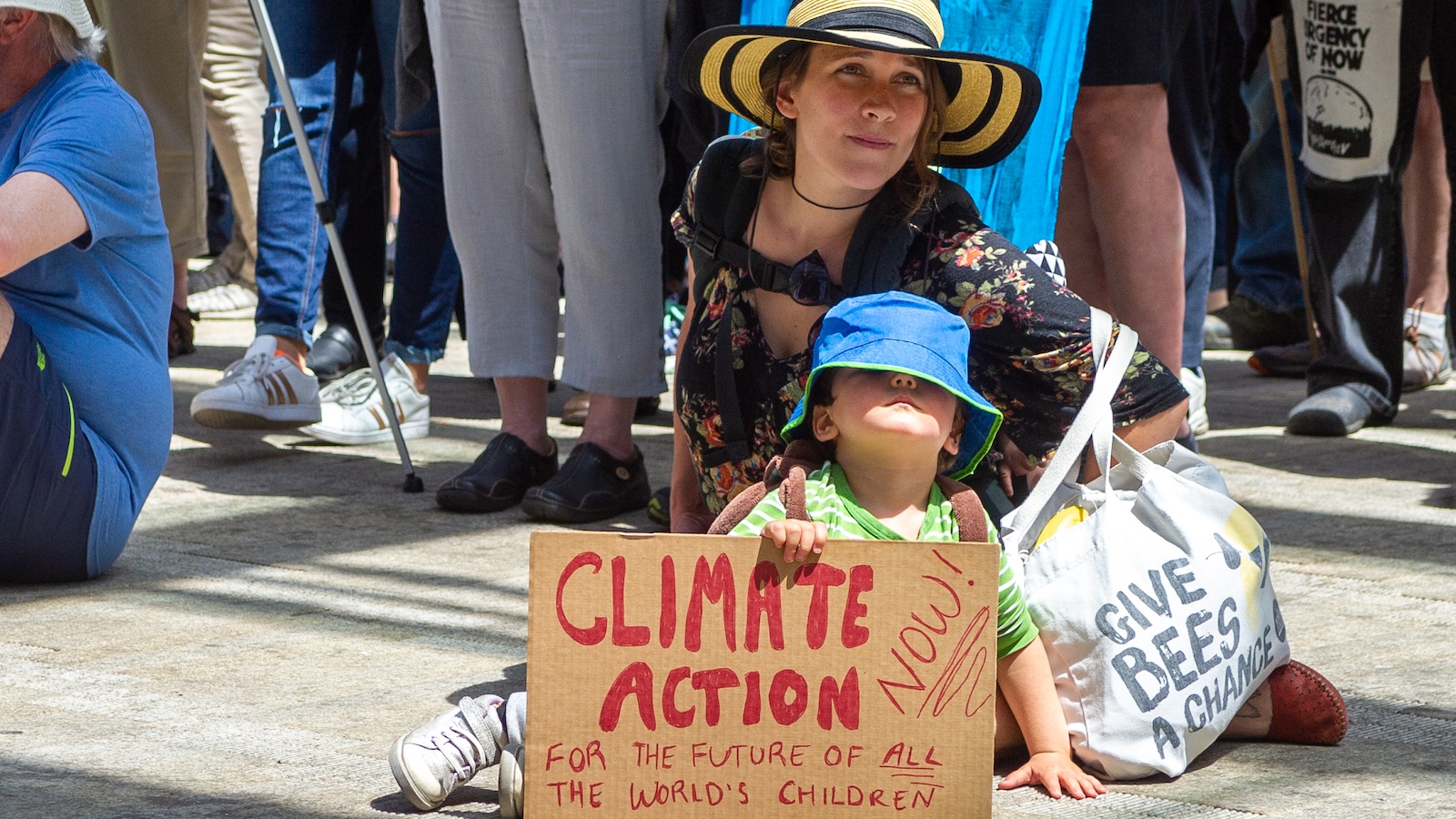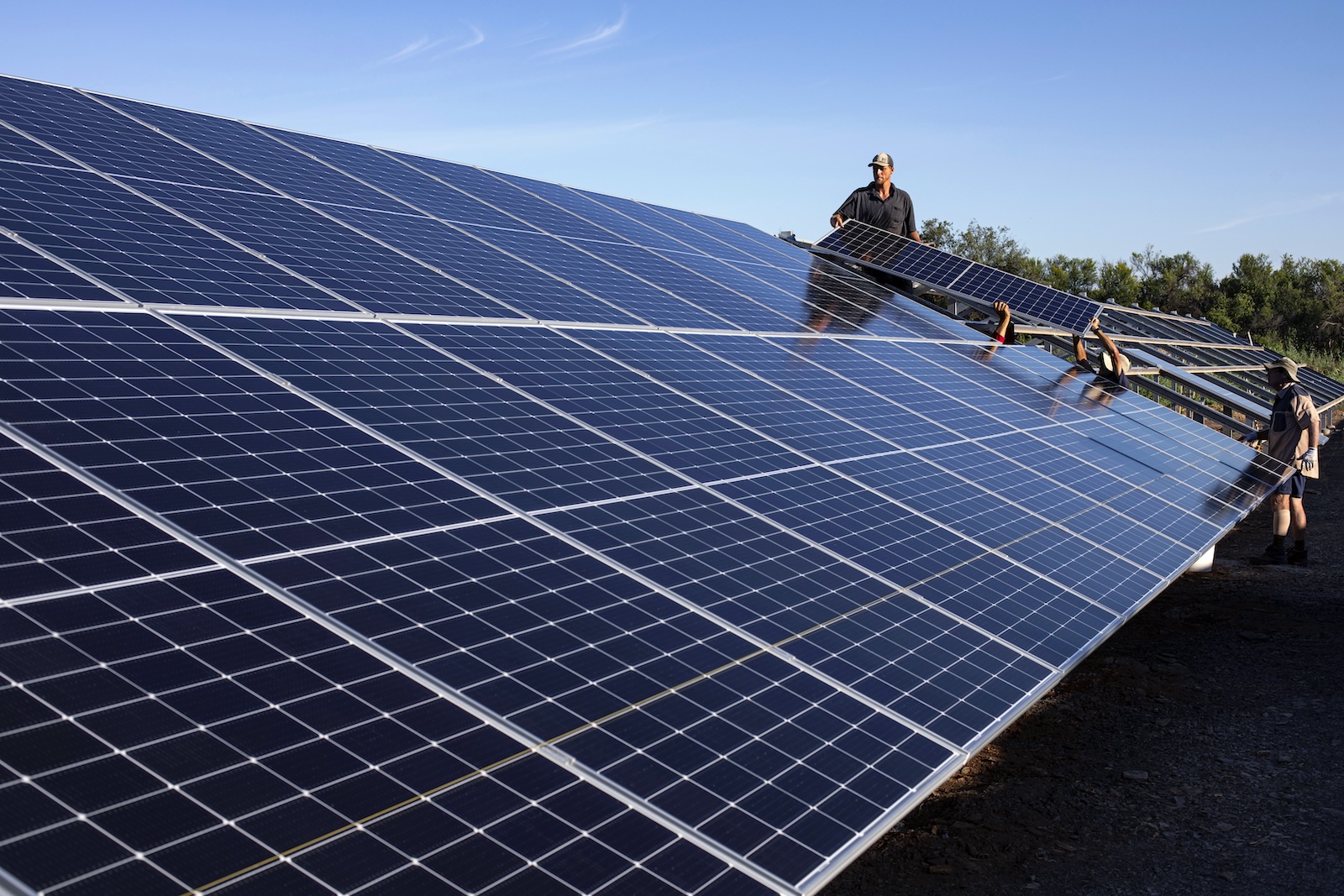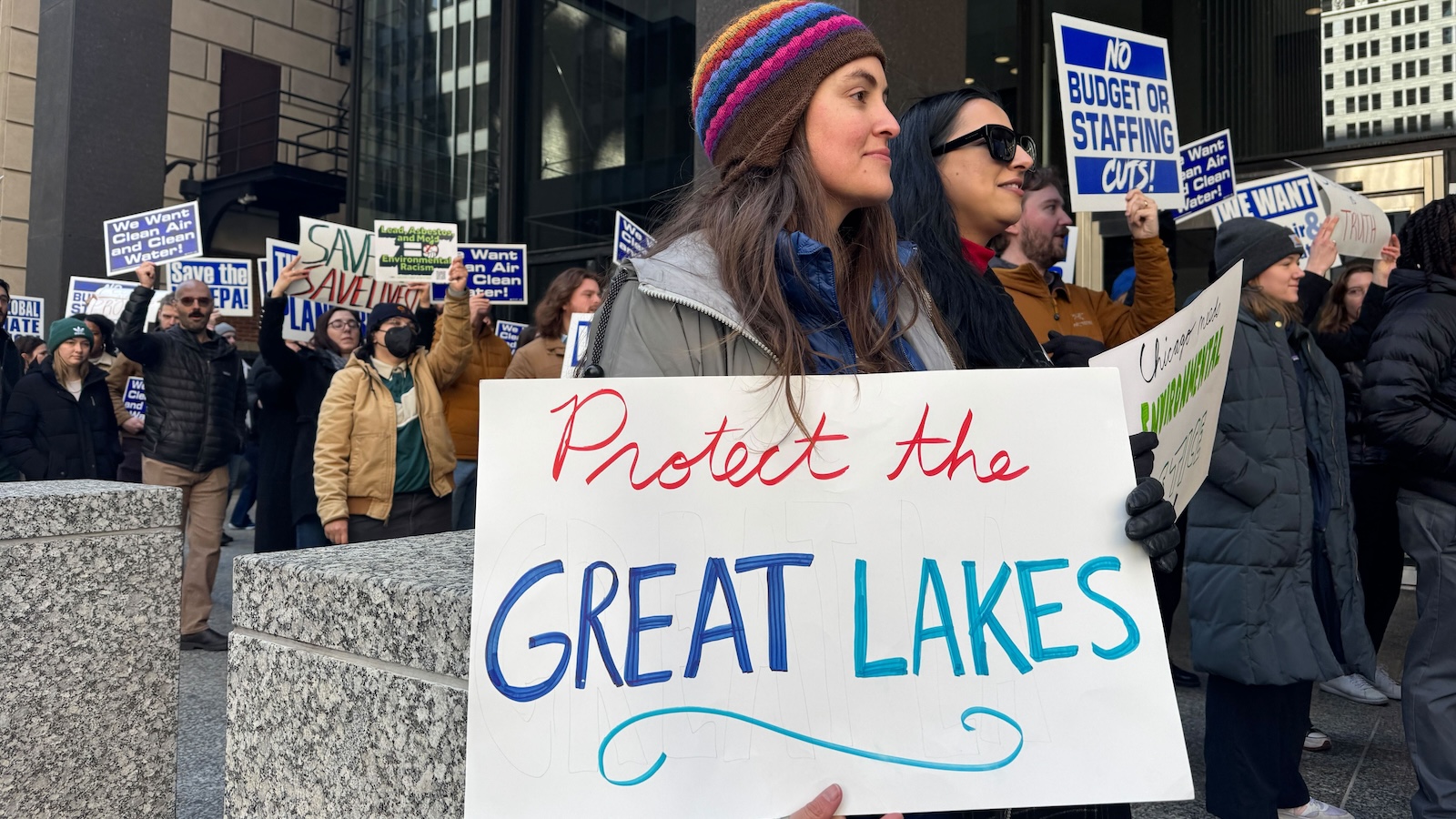Now Reading: World’s Largest Youth Climate Lawsuit Ends in Defeat, But Sparks Global Impact
-
01
World’s Largest Youth Climate Lawsuit Ends in Defeat, But Sparks Global Impact
World’s Largest Youth Climate Lawsuit Ends in Defeat, But Sparks Global Impact

Speedy Summary
- Case Overview: The lawsuit Juliana v. United States was filed by 21 young Americans in 2015, alleging the federal government failed too protect their constitutional rights by supporting fossil fuels and exacerbating climate change.
- Legal Outcomes: The Ninth Circuit Court dismissed the case twice, citing lack of standing for plaintiffs. The U.S. Supreme court declined to reinstate it on monday.
- Impact: Though unsuccessful in court, the case inspired global youth climate movements and similar legal cases; two landmark state-level victories occurred in Montana (constitutional right to a clean environment) and Hawaiʻi (transportation decarbonization settlement).
- Federal Resistance: Obama, Trump, Biden administrations fiercely opposed it; Justice Department claimed it distracted from enforcing other environmental laws.
- Broader Influence: Juliana mobilized lawmakers (over 80 U.S. Congress members supported related legislation), organizations, and public petitions while reshaping legal discourse around climate rights.
indian Opinion Analysis
The dismissal of Juliana v. united States underscores significant judicial reluctance to frame climate stability as a constitutional right under U.S. federal law-a outlook that could shape global discussions surrounding governmental accountability for environmental degradation. Legal innovations pioneered by such lawsuits remain highly relevant; they provide models that may find stronger grounds in jurisdictions with explicit constitutional provisions for environmental protection.
For India, where environmental litigation is prominent yet often limited by procedural hurdles or enforcement gaps, juliana reveals an prospect: bolstering domestic frameworks emphasizing “right to life” provisions already enshrined under Article 21 of the Constitution could tackle escalating climate emergencies more effectively. state-led initiatives like those seen in Montana or Hawaiʻi suggest incremental progress via localized strategies-a potential lesson for India’s fractured system of balancing development goals with sustainability imperatives.
As India continues grappling with challenges tied directly to its heavy reliance on fossil fuels and growing energy demands amid vulnerable populations facing severe climate effects-introspecting litigation-driven change aligned with youth activism might supplement broader grassroots solutions toward sustainable advancement.
























